
We get so used to our daily lives that we rarely stop to question the simple things. After all, if they were still the same for so long, would it be possible to improve them even more? Well, the answer is yes. Trying to avoid confusion during surgical operations, Australian anesthetist Dr. Rob Hackett decided to wear a scrub cap with his name on: “Rob … Anesthetist.”
“The #TheatreCapChallenge is an initiative from the PatientSafe Network in response to concerns about how easily avoidable mistakes and poor communication are contributing to rising adverse events for our patients,” Dr. Hackett said. “It has been adopted around the world with studies from the US and UK demonstrating how this simple idea can decrease human errors in healthcare.”
His colleagues didn’t take it seriously at first. “There were some snide remarks, like ‘can’t you remember your name?'” said Dr. Hackett. Fast forward a year, and the anesthetist is having the last laugh as it’s becoming a trend across the globe.



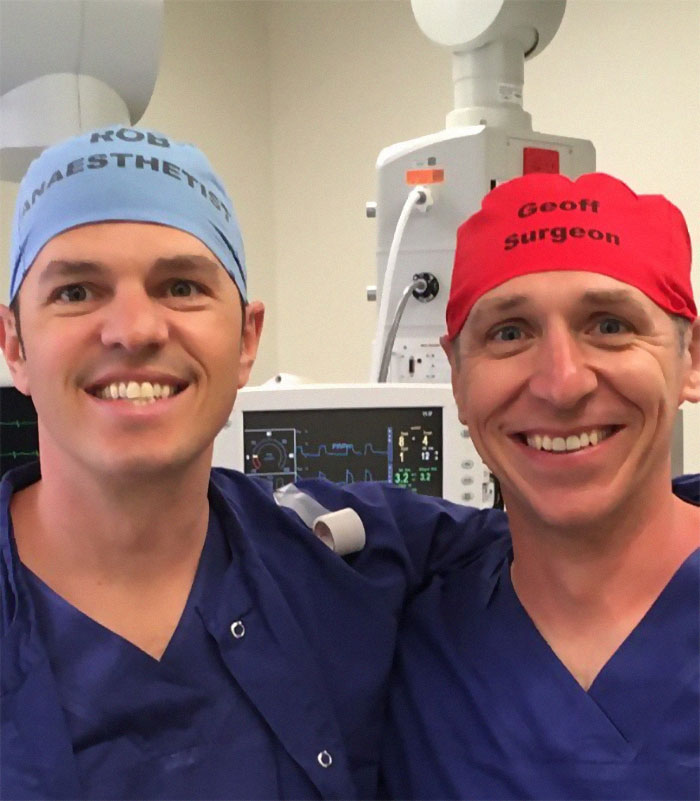
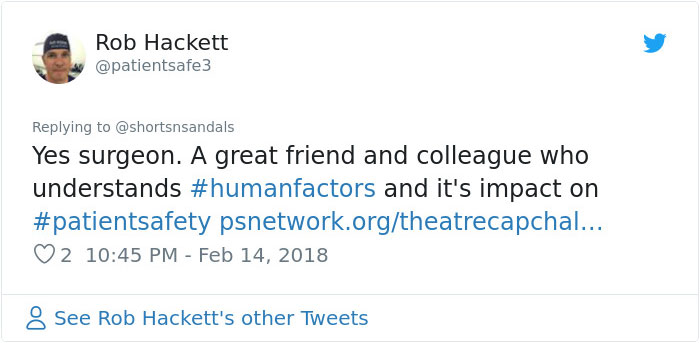
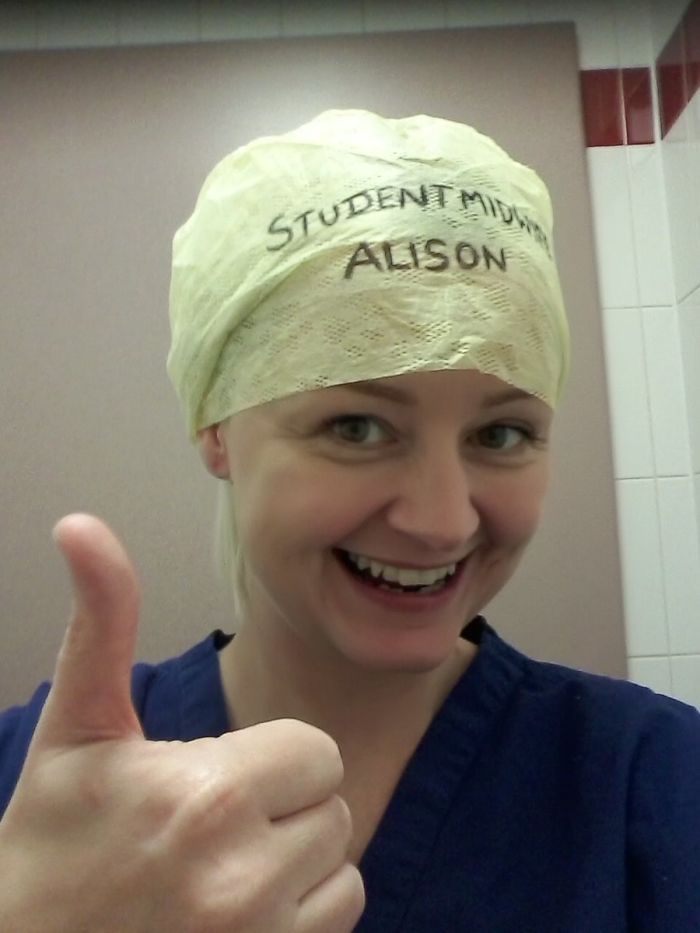

Now, medical professionals are showing their support and involvement in the movement by tweeting selfies with their caps, just like Dr. Hackett’s. Under the hashtag #TheatreCapChallenge, they argue that having their names on them can save vital seconds in life and death situations. The move, they say, can reduce delays and misidentification that occur when clinicians can’t recognize or can’t remember the names of their colleagues in the operating theatre.
When it comes to patients, women who are having cesarean sections, in particular, might benefit from the reassurance of knowing the names and positions of every staff member around them.


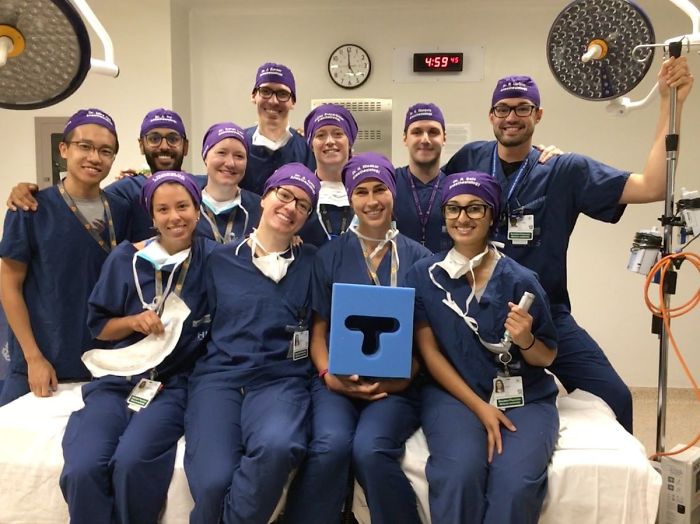
Moreover, switching to reusable caps might even lead to substantial environmental benefits. “A 20-theatre hospital will discard over 100,000 disposable caps every year. The caps are made from viscose – a substance whose production is particularly harmful to the environment.”
Then there’s the financial side. “A hospital this size may spend somewhere in the region of $10,000 every year on disposable caps.”
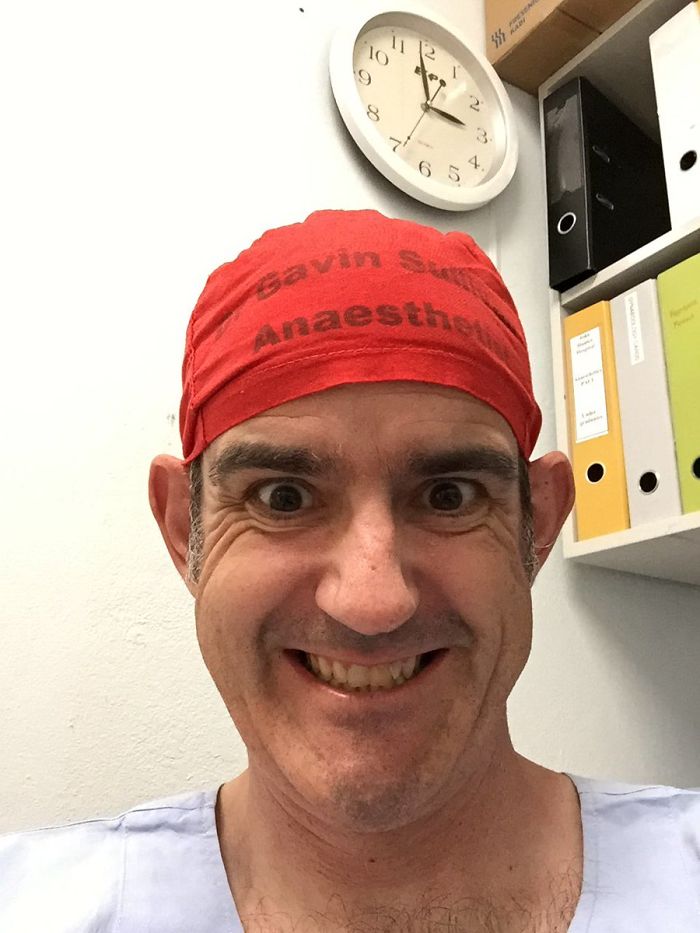
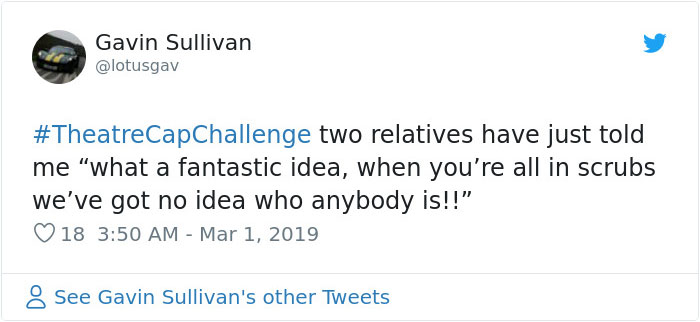
Operating theatres abide by the World Health Organisation’s surgical safety checklist, and it requires all staff to introduce themselves before surgery. Dr. Hackett confessed that, in his experience, this section of the list was often disregarded as a ‘tick-box exercise.’ “When it’s done properly there are a few giggles from people, which tells me it’s not done regularly.”
Dr. Hackett said the campaign had been met with some pushback. Usually, by the senior, hospital staff. The anesthetist believed this was a symptom of inertia in the health system towards change.
#TheatreCapChallenge made many remember the #hellomynameis campaign founded by Dr. Kate Granger, who died of cancer in 2016. Dr. Granger started raising similar points after a hospital stay for postoperative sepsis in 2013. During it, many of the staff responsible for care didn’t introduce themselves, and, in her opinion, passed on a valuable chance to strengthen therapeutic relationships and build trust between staff and patient.
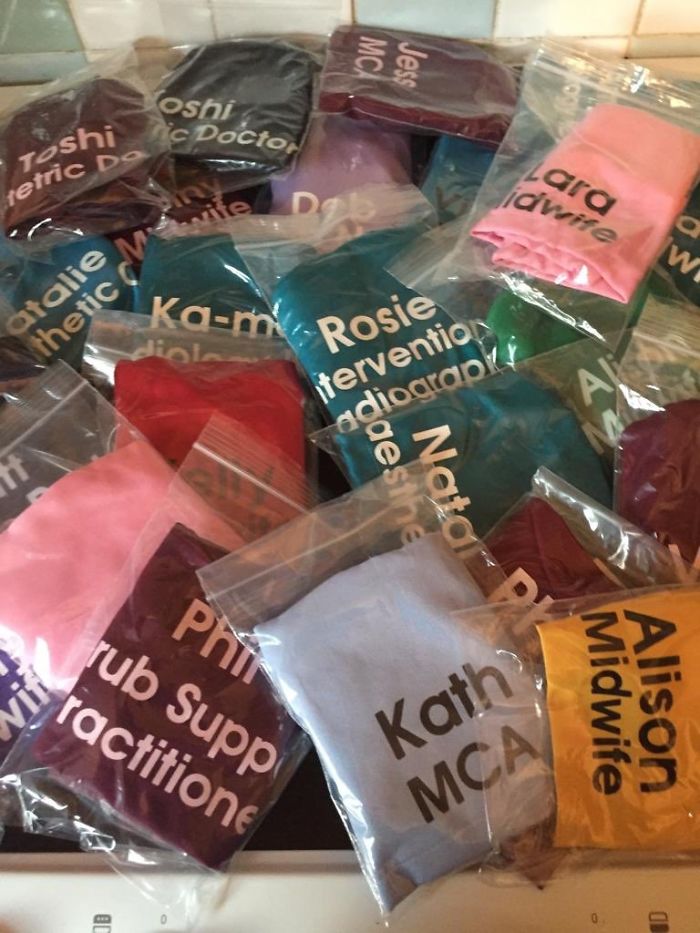

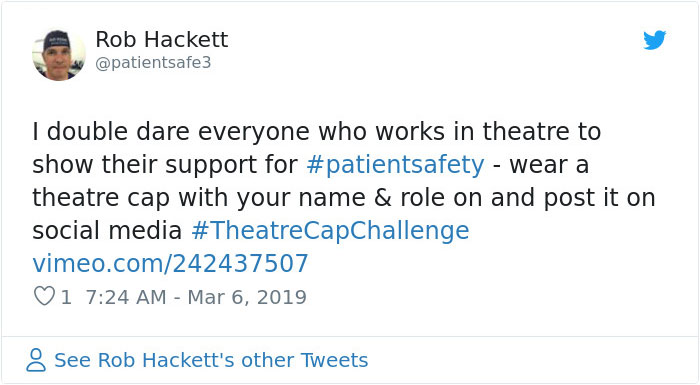
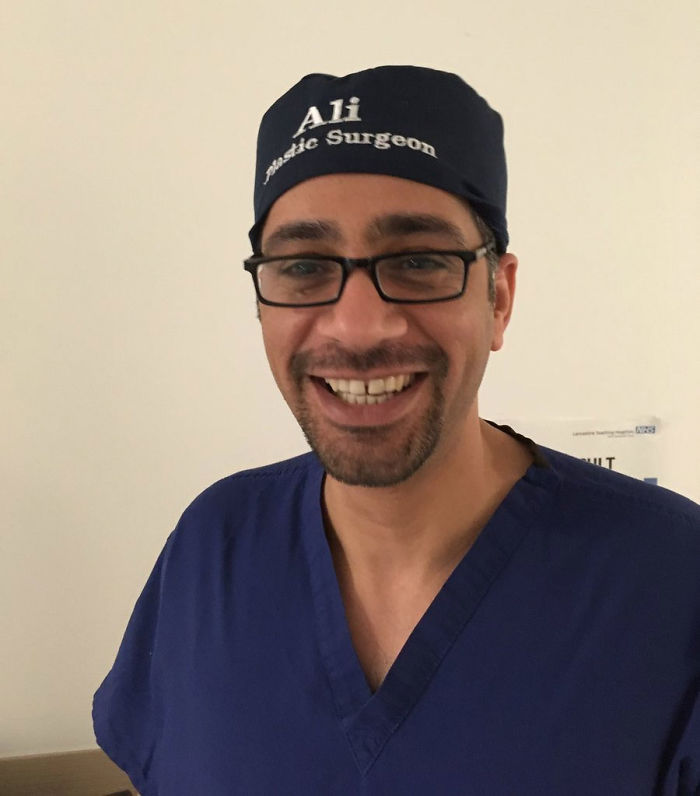

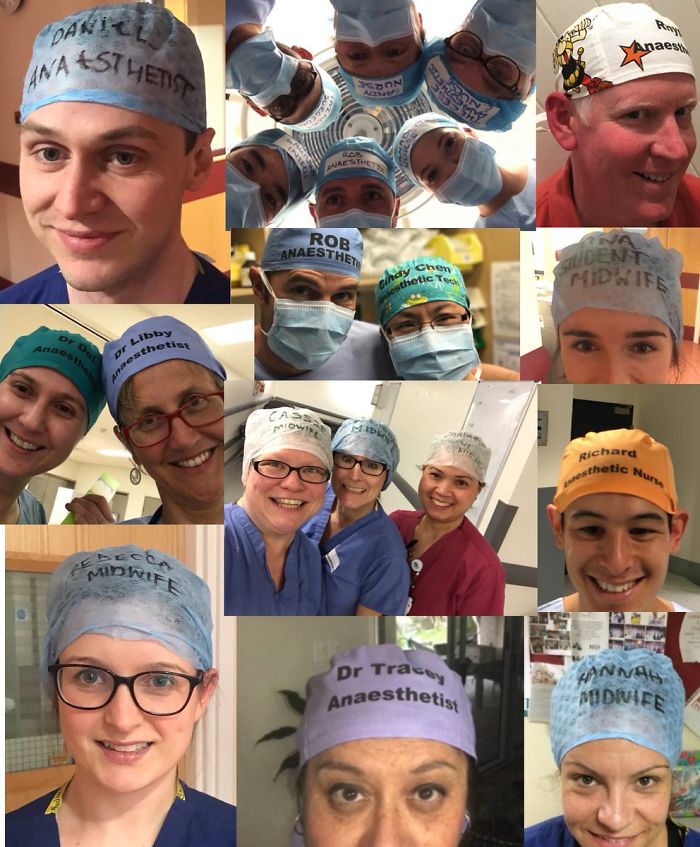







To follow Dr. Rob Hackett, check out his Twitter page.












COMMENTS